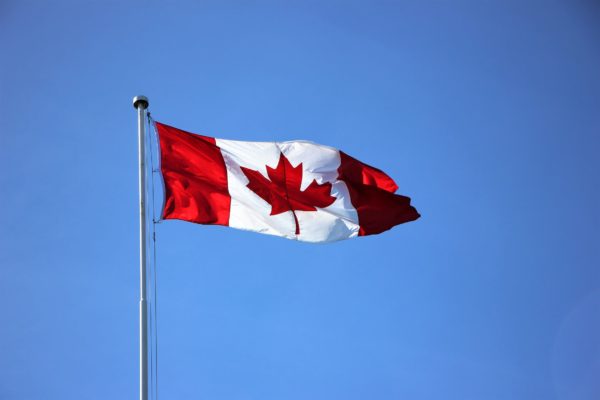Several government wage subsidies are available to businesses hit by the pandemic – navigating these programs and how they impact your taxes this year can be tricky. An accountant can help you receive the government wage subsidies you need to make it through this pandemic and help you when it comes time to include them in your tax filing.
Navigating The Canada Emergency Wage Subsidy
 If you’re a small business whose revenue has been affected by the COVID-19 pandemic, the Canada Emergency Wage Subsidy (CEWS) is still in place to help. However, navigating your eligibility and the amount your business gets can be difficult, making an accountant by your side quite helpful. The subsidy is available for wages paid in sixteen four-week periods from 15 March 2020 to June 2021, and the employee remuneration eligible for subsidies caps at $1,129 per week.
If you’re a small business whose revenue has been affected by the COVID-19 pandemic, the Canada Emergency Wage Subsidy (CEWS) is still in place to help. However, navigating your eligibility and the amount your business gets can be difficult, making an accountant by your side quite helpful. The subsidy is available for wages paid in sixteen four-week periods from 15 March 2020 to June 2021, and the employee remuneration eligible for subsidies caps at $1,129 per week.
The revenue decline is measured relative to either year-over-year for the calendar month in which the eligible period begins or using January and February 2020 as the baseline. An accountant can help get you the needed subsidy by figuring out the decline using financial records, ensuring you don’t have to sift through them yourself. They can then make sure that the approach is applied consistently to determine revenue losses throughout the program period.
Another wrinkle is the Claim Periods for the CEWS; they can affect what you get and how much you claim. The revenue decline required for eligibility is 15% for March and 30% for April, May and June 2020. In Periods 1 to 4 (March 15 – July 4, 2020), the subsidy was 75% of wages up to the lesser of the weekly cap and wages paid; for new employees, it was 75% of wages paid up to the cap. From July onwards, employers became eligible for the subsidy if, in a period, they had any revenue decline.
An accountant can crunch the numbers and help an employer understand their revenue losses in the corresponding calendar month.
How Are Taxes Affected By Government Wage Subsidies?
 Most wage subsidy programs will impact your 2021 tax filings, including the Temporary Wage Subsidy (TWS). The TWS was a three-month subsidy program between March 18 and June 19, 2020, remunerating the equivalent of 10% to a maximum of $1,375 per employee and $25,000 per employer. This subsidy was taxable income for eligible businesses; if the amount was $2,000 that you didn’t have to remit to the Canada Revenue Agency, it is reported in your bookkeeping as income and will be taxed on your 2021 tax return.
Most wage subsidy programs will impact your 2021 tax filings, including the Temporary Wage Subsidy (TWS). The TWS was a three-month subsidy program between March 18 and June 19, 2020, remunerating the equivalent of 10% to a maximum of $1,375 per employee and $25,000 per employer. This subsidy was taxable income for eligible businesses; if the amount was $2,000 that you didn’t have to remit to the Canada Revenue Agency, it is reported in your bookkeeping as income and will be taxed on your 2021 tax return.
All businesses handled the TWS in the same way in terms of calculation and remitting. They had to track their subsidy amounts to ensure they did not exceed the limits and prepare themselves for the 2021 T4 summary calculations. Accountants know how this will affect your small business filing and ensure you do not forget to include it.
The one guarantee about 2021 is that almost every taxpayer will have to confront a new situation when filing. If you’re a small business owner who is having trouble comprehending how the TWS and the CEWS will affect you at tax time, the accountants at Trillium can help you!

